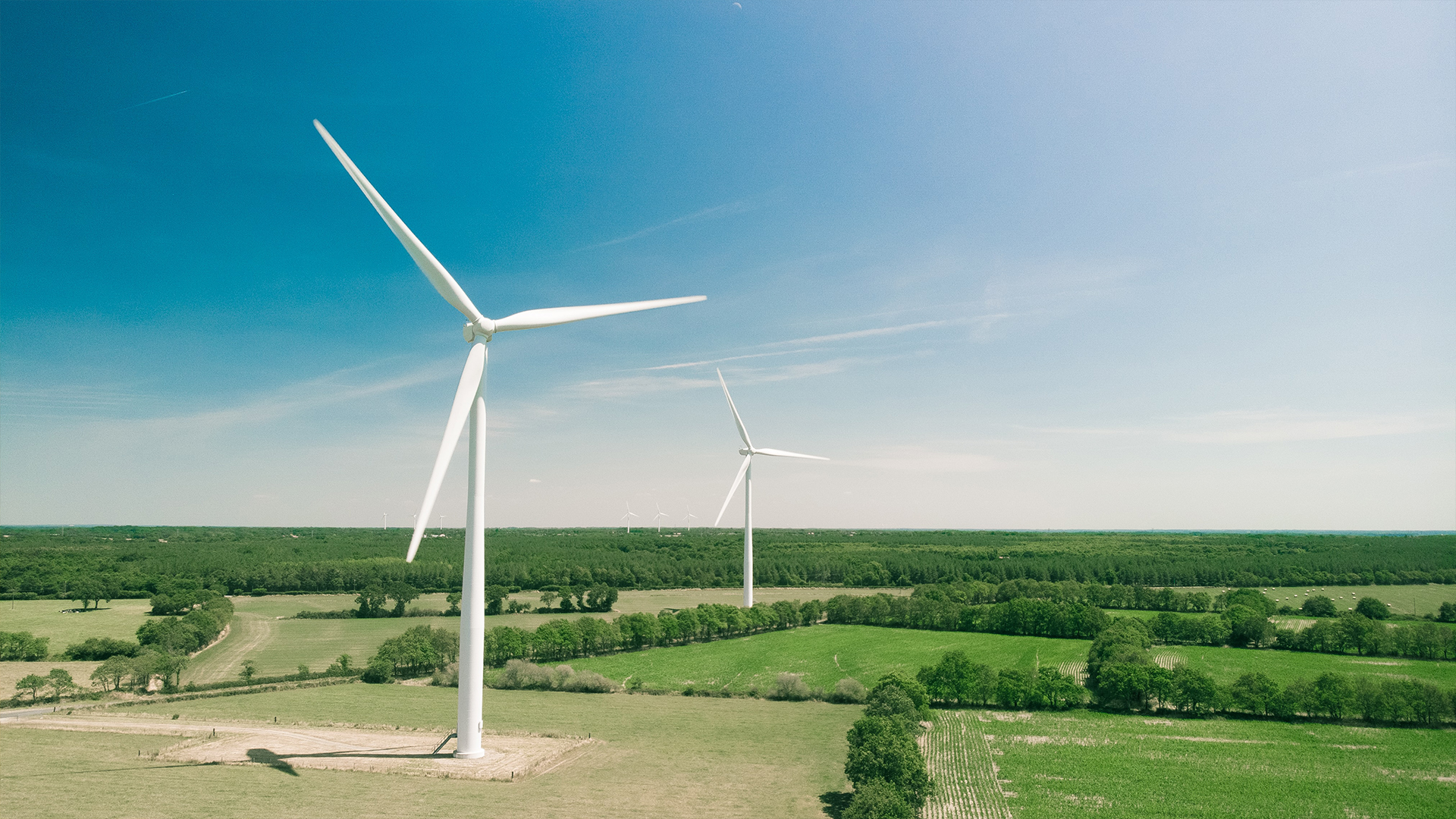
The shift towards renewable energy has begun, how is the transition reshaping the workforce landscape?
The transition to renewable energy is underway and creating a demand for jobs in green energy The commitments made by governments at the COP26 and COP27 summits have started changing countries and companies’ attitude towards renewables. Growing talent demand in renewables is providing opportunities for retraining and upskilling existing workforces As economies shift towards renewable…
- The transition to renewable energy is underway and creating a demand for jobs in green energy
- The commitments made by governments at the COP26 and COP27 summits have started changing countries and companies’ attitude towards renewables.
- Growing talent demand in renewables is providing opportunities for retraining and upskilling existing workforces
As economies shift towards renewable energy sources, one inevitable effect is for the skills in a company’s staff to reflect the need for a green collar workforce.
In Deloitte’s Low-Emission Workforce Report it suggests that by 2050 over 300 million new jobs will be created by this move towards renewables, but the report also indicates that globally more than 800 million jobs are vulnerable to climate change and the anticipated transition to net zero.
Is the green future in the hands of the employee?
Deloitte suggests that companies will need to upskill their staff, rather than retrain them, stating that an estimated 80% of the required skills for the future green collar workforce already exist today.
Steve Hatfield, global future of work leader at Deloitte, spoke to HR magazine saying:
“Our analysis found that some occupations, like those in construction or farming, would significantly transform because emissions-intensive activities, assets, and processes will need to be replaced by low-emissions alternatives. We also expect to see new industries and roles emerging, revolving around technologies like green hydrogen. The culmination of these impacts will require the public and private sectors to partner on adapting our educational and skills development system—from schooling to ongoing training and reshaping career pathways.”
When speaking to HR magazine Sophie Lambin, CEO and Founder of Kite Insights and The Climate School, said:
“The majority of work that needs to happen will be outside the boardroom and in the hands of employees who need a mandate to problem solve and innovate. But it’s critical that workers are given the knowledge, motivation and tools to play an active part. The green transformation is not a compliance exercise but a new invitation to employees to help shape the future.”
A Top-Down Approach to Evolving Green Culture
The COP26 climate summit in November 2021 has impacted businesses’ perception on the future of the economy. This summit had a few key goals, namely:
- To strengthen the climate change mitigation measures agreed to by 153 countries.
- To review the progress made by developed countries towards delivering the $100 billion climate finance goal.
- To finalise the Paris Rulebook: a standard for international carbon markets and common timeframes for emissions reduction targets.
- And to create a new Glasgow Dialogue on Loss and Damage funding arrangements to increase preparedness to climate risks, in conjunction with outlining clear functions and funding for the Santiago Network on Loss and Damage.
In November, COP27 took place with the aim of ensuring that the countries that made these commitments are on track to achieving them. The agenda focused on turning the COP26 outcomes into action and start implementation of the agreements made in Glasgow. Topics of discussion included:
- The logistics of implementing the Glasgow pact.
- A review of the National Determined Contributions agreed by each country.
- A look at the progress on the Global Goal on Adaptation, which aims to grow resilience to extreme weather events and assist the most vulnerable communities.
- An evaluation of the progress made towards the commitment to an annual USD 100 billion fund.
A Bright Future for Jobs in Renewables
Law firm Boodle Hatfield’s research has identified that 82 out of the UK’s 100 largest companies have committed to net zero emissions by 2050.
In September, BP closed a deal that aims to create 26GW of wind and solar power in Western Australia, with the aim to power the production of 1.6 million tonnes of hydrogen. The planned Asian Renewable Energy Hub (AREH) will focus on green power and hydrogen and hopes to establish the project as an international hub for the export of clean fuels and a key supplier for Asia-Pacific’s renewable energy transition. Reportedly, the company is among the most active in its sector in embracing renewables.
How will this Impact Renewable Energy Recruitment?
The world is changing and the shift towards renewable energy has begun. Undoubtedly, the landscape for green energy jobs is going to evolve with it. New industries are being created by this move, and with it demand for new roles to support the growth of these industries, talent will have to adapt.
Deloitte’s Low-Emission Workforce Report paints a bright future for jobs in power generation, suggesting that the current workforce will need to focus on upskilling and retraining to accommodate this industry-wide move.
With companies looking to future-proof their position in the market focusing on developing their current staff’s skills, we anticipate seeing an increase in the amount of further education available to workers in the power sector in conjunction with a rising demand for jobs in renewables.
We always look forward to keeping in touch and exchanging ideas, insights, and opinions. If you are a company considering hiring within renewable energy, we welcome the opportunity to present our services and capabilities.
If you are a candidate, please check our jobs page or contact us to discuss your background, skills, and future aspirations.
Sources
- https://www.hrmagazine.co.uk/content/news/net-zero-workforce-to-create-300-million-jobs
- https://www.rechargenews.com/energy-transition/bps-high-complexity-challenge-at-asian-renewable-energy-hub-green-hydrogen-mega-plan-cfo/2-1-1344609
- https://www.power-technology.com/comment/asia-renewable-energy/
- https://www.deloitte.com/global/en/issues/climate/work-toward-net-zero.html?id=gx:2el:3pr:4work_toward_net_zero:5GC1000045:6abt:20221101:gc1000136
- https://ukcop26.org/the-conference/cop26-outcomes/
- https://cop27.eg/#/vision

Giles Dalton
Managing Director | Partner, Singapore
+65 9644 2225
EA 18S9493 | R1216422

